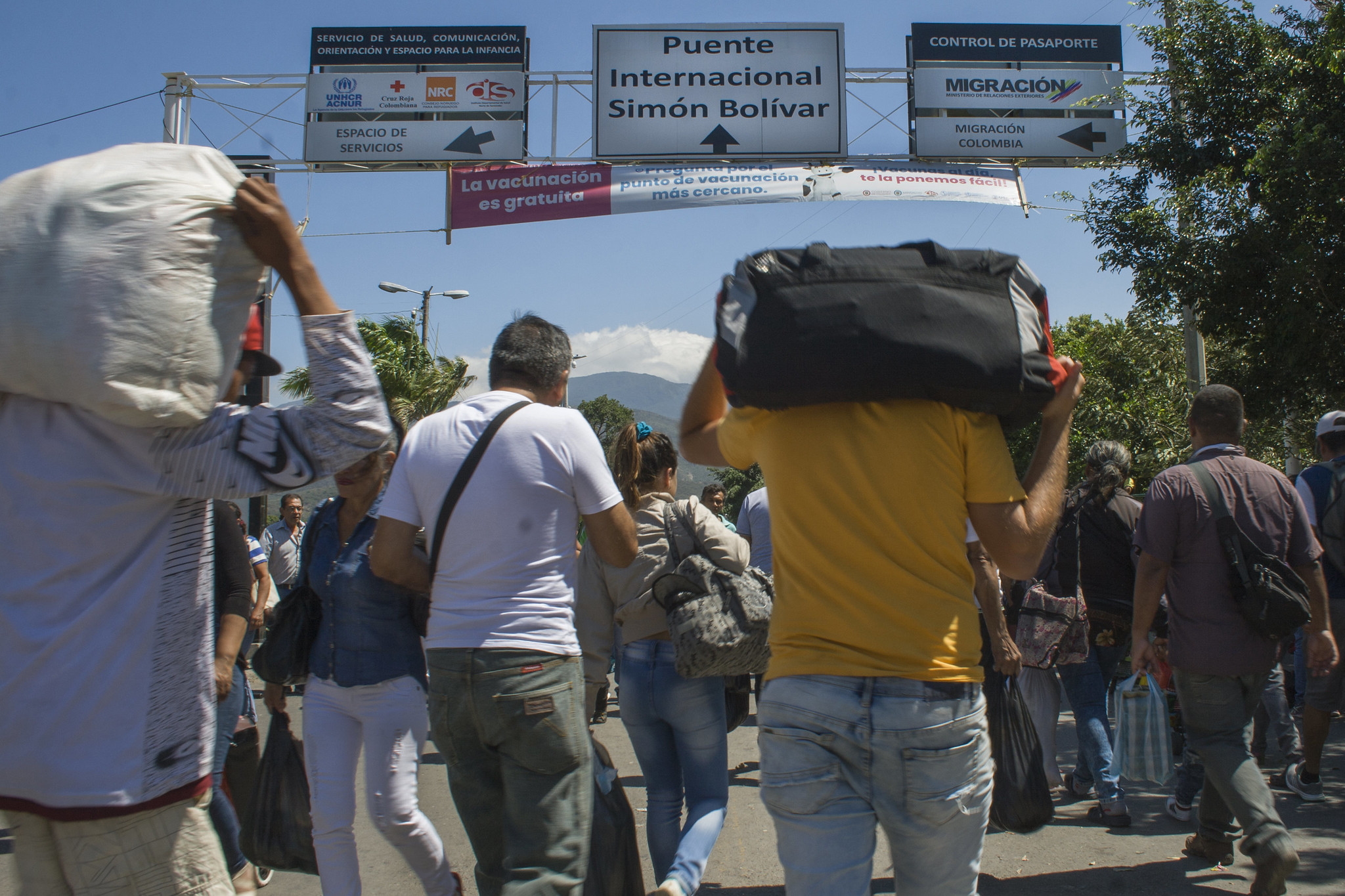The Answer to Illiberal Populism in Latin America—Investing in Democracy

Populism comes in many forms, and its effect on democratic politics remains hotly contested. Yet history makes clear that, in its most virulent form, it can destroy democracies by nurturing an “us versus them” mentality that polarizes and makes political compromise untenable. In Latin America, such tactics have been deployed by numerous leaders to disastrous effect. As part of our mission of strengthening democracy across Latin America, the International Republican Institute (IRI) supports programs to help citizens combat antidemocratic forces by strengthening critical thinking skills, demonstrating how democratic processes should work and encouraging citizen participation in public life.
Latin America experienced a sea change in the 1980s and 1990s, with almost all of the region’s countries eschewing dictators for civilian-elected leaders. While it seemed like the birth of a new democratic era, it didn’t mean the end of authoritarian governments. Would-be dictators found a path back into power that didn’t involve the usual bloody revolutions or coup d’etats – it was the ballot box. Instead of guns, their new tools were promises and lies that distracted voters from seeing their hidden agendas.
Populism is non-ideological. It can be employed by authoritarians on either the right or the left. It is the idea that a society can be lumped into two basic groups: people like you and me who are good, and others who are bad. Populism differs from pluralism which sees society as different groups with varied interests and values that must be considered to achieve common goals. And whereas pluralism contemplates compromise, populism often rejects this in favor of dictating a few simple, narrow choices.
Unconscious biases are one factor in the appeal of populist rhetoric. Over time, we develop memories that influence later decisions. If you heard throughout your childhood that politics is dirty, then you may have a hidden bias against civic involvement or a preference for politicians who say they will clean things up. Information availability is another. In some Latin American countries, the average person’s education ends before middle school. Even when people go further in their education, civics or classes in government may not be part of the curriculum and disinformation/misinformation may fill in the gaps.
Needs are powerful influencers. If you are starving and poor, you are already primed to respond to messages that tell you how to obtain food or work. Finally, fears are perhaps the most potent factor in short-circuiting critical thinking. Populists can manipulate the fight-or-flight instinct by citing purported threats posed by foreign or domestic enemies, or by labelling real threats, such as Brazil’s president has done with COVID-19, a hoax.
On a good day, mental presuppositions mean that citizens in even the most stable, long-standing democracies must work hard to judge what or who is working in their best interest. So it’s easy to see how conservative politician Alberto Fujimori was elected president of Peru in 1990 promising to end a bloody war with terrorist rebels and recover a collapsed economy. He went on to do those things, but then conducted a coup against his own elected government and replaced it with a corrupt, authoritarian regime that trampled on human rights. Incredibly, he won a second term in 1995 and a third in 2000 before his excesses caused him to lose support.
A string of leftist authoritarian governments followed roughly the same formula: in Venezuela in 1998, then Bolivia in 2006, then Nicaragua and Ecuador in 2007. Populist candidates won elections in these countries by promising to eliminate corruption, lift up the poor or bring stability, which they all did for awhile. But they also changed laws and constitutions to stay in power past their mandate – and this is when they did their worst damage.
Countering long-held biases, poor access to information and unfortunate circumstances is neither quick nor easy. IRI programs in Latin America work long-term to strengthen critical thinking skills through civic and voter education programs, working with youth to create solutions to community problems, encouraging mayors to hold town halls, and providing investigative journalist with training to expose corruption and public malfeasance.
At the community level, IRI encourages local mayors and councils to share information with citizens and give them opportunities to participate in decisions that affect their daily lives. Neighborhood commissions, citizen participatory budgeting, and group representation and advocacy training enable citizens to gain contact with governing processes and the people that manage them, giving them a body of knowledge that enables internal fact-checking against lies and disinformation. It also challenges preconceptions that only certain people can be in charge, and enables people to change their own circumstances.
Democracy may be flawed. Yet with its basis in pluralism, it is still the best system that humans have devised to resolve the many competing interests and problems that arise in a complex society. Making it work requires critical thinking to overcome faulty perceptions and biases, a common understanding of how democracy is supposed to function, and hands-on experience to create new, more relevant experiences—instead of following divisive calls that tap into irrational prejudices or fears. IRI is proud of its work in Latin America to strengthen citizen capacity to resist appeals that undermine democracy, and views that as an ongoing priority.
Top